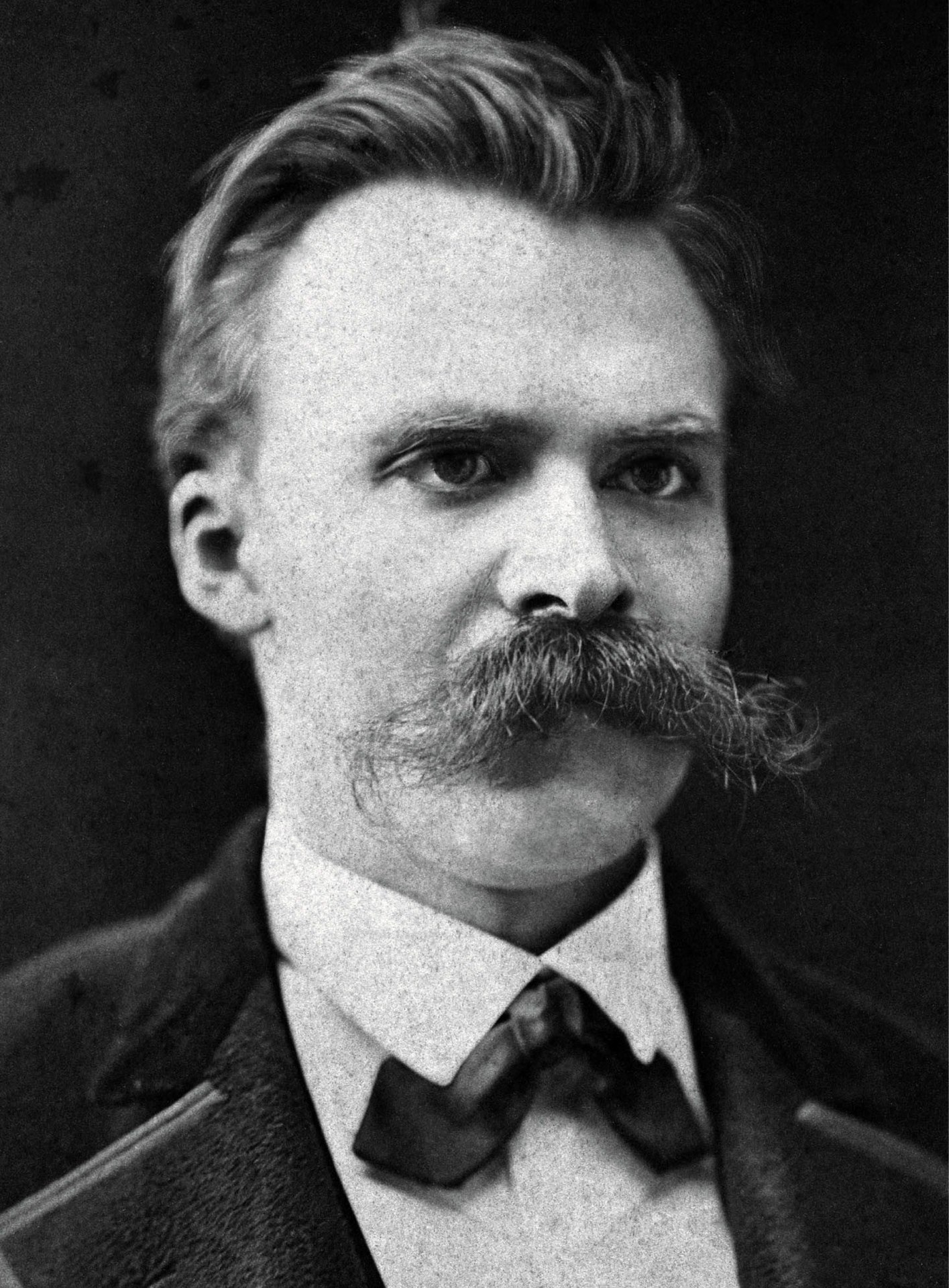Amor fati. – Friedrich Nietzsche
I came across this quote lately, when thinking about my own future. I have this trait to (over)think decisions or events that might or might not happen in the future.
This is what sometimes keeps me lying in my bed without being able to fall asleep. And I believe, we all know this feeling of uncertainty and worry inside of us.
I‘ve certainly thought more than once: if I only knew how this will play out. I‘d be relieved of that feeling of uncertainty. Everything would be so much easier!
In the meanwhile I learned, that this thinking is flawed: First of all, because expected pain is always much worse than the actual thing. Second, the desire to know the future is a complete waste of energy.
Life is uncertain.
Once, I was described as completely unromantic, when I said that life is a bunch of probability calculcations. Still, I think there is some truth to this objection, but there is a better illustration of that fact. From the Nassim Taleb‘s „Black Swan“, on the topic of calculating the way Billiard balls impact each other:
If you know a set of basic parameters concerning the ball at rest, can compute the resistance of the table (quite elementary), and can gauge the strength of the impact, then it is rather easy to predict what would happen at the first hit. The second impact becomes more complicated, but possible; and more precision is called for. The problem is that to correctly computer the ninth impact, you need to take account the gravitational pull of someone standing next to the table (modestly, Berry’s computations use a weight of less than 150 pounds). And to compute the fifty-sixth impact, every single elementary particle in the universe needs to be present in your assumptions! An electron at the edge of the universe, separated from us by 10 billion light-years, must figure in the calculations, since it exerts a meaningful effect on the outcome. (p. 178)
One can‘t imagine how many (metaphorical) billiard balls hit each other to make up today‘s world.
It‘s simply impossible for us to forsee the future and this is one of the hardest facts for us to accept. This is why we look into the stars for answers and why religions exist.
Letting it happen.
Last summer I went on a surf trip to Spain. Surfers are traditionally very connected to nature and there is a good reason for that. There is hardly any other sport, where you feel the power of nature that closely:
When you fall off a surfboard and get sucked into a wave, it feels like being inside of a washing machine: You get turned upside down, losing your sense of orientation. When this happens the first time, you panic: You try to push yourself out, work against the water, just to grasp some air.
More experienced guys (unlike myself) relax in those situations. They just let it happen because they know that they will get back to the surface just by themselves.
This is what „Amor fati“ – which means „love fate“ – is about.
We might have an idea what we want our future to look like. We can try to push to get there. But what usually happens is that life has different plans for us.
This is what even the stoics see as the godly in the world:
„Don‘t seek for everything to happen as you wish it would, but rather wish that everythinghappens as it actually will – then your life will flow well.“ Epictetus, Enchridion, 8.
„Everything is interwoven in a sacred bond. There is one God in the whole. There is one substance, one law, and one reason common to all intelligent beings. And one truth.“ Marcus Aurelius, Meditations, 7.9
Sometimes we should be more like surfers. Letting it happen, believing in ourselfes and that god has a plan for all of us.
Some things are just meant to be.
